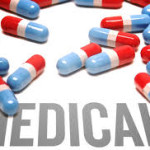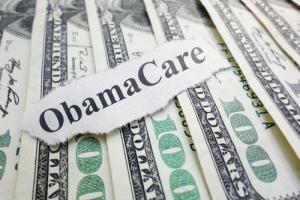Many harbor the concept that the recently passed reform legislation – The Patient Access and Affordable Care Act – will mean even greater advances in medical science. This is a misconception.
Many harbor the concept that the recently passed reform legislation – The Patient Access and Affordable Care Act – will mean even greater advances in medical science. This is a misconception.
The reform bill is all about access to care – getting those without insurance to get insurance either through the commercial market place or through Medicaid. This will create at least 31 million more individuals with Medicaid, will keep young adults on their parent’s insurance for a few more years and will prevent a person from being denied insurance as a result of a previous condition and will mean that an insurance company cannot drop a patient because the expenses got too great over time.
The reform bill will also begin a process to evaluate the best care available based on sound scientific evidence. And it will sponsor many pilot projects to find better methods to effectively deliver care.
But it will not have any appreciative impact on the advance of science. That is not a problem however because America is the envy of the world for its biomedical science research. This is funded primarily by the National Institutes of Health (NIH) and conducted by scientists and clinicians in medical schools and universities across the country. Their output has been awesome and will continue to be so.
The pharmaceutical industry is likewise very productive in bringing forth new drugs which save lives, add years to lives or impact the quality of life. A good example is the recently approved drug for certain patients with cystic fibrosis. Likewise the medical device industry is exceptionally innovative and entrepreneurial. For example in cardiovascular disease it has over the years created angioplasty and stents, pacemakers and intracardiac defibrillators (ICDs), monitors for arrhythmias, even the replacement of heart valves without surgery. It is both amazing and impressive. So too the manufacturers of imaging equipment such CT and MRI scanners and ultrasound scanners that can show our internal anatomy in exquisite detail and do it all non-invasively. Now also external scanners can detect metabolic changes within our tissues; for example, PET scans to detect cancer.
And then there are the treatment devices such as the truly remarkable new approaches to radiation therapy that allow greater radiation to the tumor but much less to the surrounding normal tissues.
The marriage of genomics and molecular biology with diagnostics means that it is now possible to detect a bacterial infection rapidly and even know what antibiotics will be or will not be effective within just an hour or two. It is possible to subtype patients with, say, breast cancer, as to who is more likely to have a recurrence and therefore adjust her therapy upfront and it is increasingly possible to determine in advance who will and will not respond to a specific drug and who is most likely to have a side effect to that drug.
These advances will continue as a result of the government funding of the NIH grants program and because the pharmaceutical and device makers have found it profitable to develop new modalities. The future here is bright. But we should not mistake these incredible programs as a result of the health reform legislation. You can read more in my new book “The future of Health Care Delivery”









